Critical Image Forum Dialogue Series: UAAC Global Photography
-
Heather Diack
Heather Diack is Associate Professor of Contemporary Art History and the History of Photography at the University of Miami. She is the author of Documents of Doubt: The Photographic Conditions of Conceptual Art (University of Minnesota Press, 2020) and co-author with Erina Duganne and Terri Weissman of Global Photography: A Critical History (London: Routledge, 2020).
Read More
-
Erina Duganne
Erina Duganne is Associate Professor of Art History in the School of Art and Design at Texas State University where she teaches courses on modern and contemporary art, photography, and visual culture. She is the author of The Self in Black and White: Race and Subjectivity in Postwar American Photography, was a co-curator, a co-editor and an essayist for the exhibition and accompanying publication, Beautiful Suffering: Photography and the Traffic in Pain (2007).
Read More
-
Andrew Gayed
Andrew Gayed is a Visiting Scholar at NYU’s Centre for the Study of Gender and Sexuality, where he is currently working with Gayatri Gopinath on researching the artistic practices of the queer diaspora. Gayed obtained his PhD in Art History and Visual Culture at York University where he was awarded the Provost Dissertation Award, and holds an MA in Art History, and a BFA in Visual Arts. His research focuses on Middle Eastern contemporary art and he is interested in photography, identity politic, and migration/diaspora studies. As a lecturer of Islamic Art and Architecture, Gayed has published journal articles and book chapters on wide-ranging themes, including: postcolonial photography, museum studies, queer artistic practices and global art histories. The 2018 Osgoode Law research fellow in Transnationalism and Human rights, Gayed has developed his research at conferences and keynotes internationally at U.C. Berkeley, Harvard University, Duke University, Oxford University and the British Museum.
Read More
-
Terri Weissman
Terri Weissman is Associate Professor of Art History at the University of Illinois, Urbana-Champaign. She is the author of The Realisms of Berenice Abbott (University of California Press, 2010). Weissman is co-author with Sharon Corwin and Jessica May of American Modern: Documentary Photography by Abbott, Evans, and Bourke-White (University of California Press, 2011) and co-author with Heather Diack and Erina Duganne of Global Photography: A Critical History (London: Routledge, 2020).
Read More
-
Jin-me Yoon
Jin-me Yoon is a Korean-born Canadian lens-based artist living and working on the unceded occupied territories of the Coast Salish peoples of the xʷməθkwəy̓əm, Skwxwú7mesh and Səl̓ílwətaɬ Nations. Her early photographic work unpacked dominant discourses and stereotypical assumptions about citizenship, nationhood, culture, gender and race. Expanding her practice to include video and installation, Yoon’s ongoing work utilizes a transnational lens to witness and consider local histories, environments, identities and bodies in the context of entangled and interdependent global relations. Her work has been presented extensively nationally and internationally and is held in private and public collections in Canada and internationally. She was a finalist for the Scotiabank Photography Award (2020), and the Art Gallery of Ontario’s Aimia Photography Prize (2009). In 2013 Yoon was awarded a Smithsonian Artist Research Fellowship (2013), the recipient of a major commission for LandMarks 2017 and elected as a Fellow to The Royal Society of Canada (2018).
Read More
EPISODE 5 – University Art Association of Canada – Global Photography: Critical Histories
As part of the University Art Association of Canada’s online conference, panel chairs Heather Diack (University of Miami) and Terri Weissman (University of Illinois at Urbana-Champaign) brought together art historians and artists committed to deepening the discourse of photography studies and expanding its points of reference in Canada Global Photography: Critical Histories. As knowledge about the geographic scope of photography’s past expands and as an increasing number of disciplines begin to incorporate aspects of photography’s histories into their own methods of understanding the world, how photography’s history should be written becomes a complex and political question. Potential questions included: How do local practices and histories of photography acknowledge and/or challenge our interconnected “globality”? How do they complicate dominant narratives? How can a critical history of global photography be imagined? In what ways can art history, visual culture, museum studies, and image making work to decolonize and move away from monolithic timelines and cannons?
Critical Image Forum is a collaboration between the Belkin and the Department of Art History, Visual Art and Theory with funding from the UBC Public Humanities Hub.
Recorded on 16 October 2020.
Presentation I
Andrew Gayed – Visual Pedagogies: Decolonizing the History of Photography (5:00)
Presentation II
Susan Laxton – Public Entanglements: New York Paris Tokyo New York Paris (27:00)
Presentation III
Entangled Global Relations: A Conversation between Jin-me Yoon and Erina Duganne (54:00)
Image (Above): Jin-me Yoon, Untunelling Vision, 2020 (Video Still). COURTESY OF THE ARTIST
-
Heather Diack
Heather Diack is Associate Professor of Contemporary Art History and the History of Photography at the University of Miami. She is the author of Documents of Doubt: The Photographic Conditions of Conceptual Art (University of Minnesota Press, 2020) and co-author with Erina Duganne and Terri Weissman of Global Photography: A Critical History (London: Routledge, 2020).
Read More
-
Erina Duganne
Erina Duganne is Associate Professor of Art History in the School of Art and Design at Texas State University where she teaches courses on modern and contemporary art, photography, and visual culture. She is the author of The Self in Black and White: Race and Subjectivity in Postwar American Photography, was a co-curator, a co-editor and an essayist for the exhibition and accompanying publication, Beautiful Suffering: Photography and the Traffic in Pain (2007).
Read More
-
Andrew Gayed
Andrew Gayed is a Visiting Scholar at NYU’s Centre for the Study of Gender and Sexuality, where he is currently working with Gayatri Gopinath on researching the artistic practices of the queer diaspora. Gayed obtained his PhD in Art History and Visual Culture at York University where he was awarded the Provost Dissertation Award, and holds an MA in Art History, and a BFA in Visual Arts. His research focuses on Middle Eastern contemporary art and he is interested in photography, identity politic, and migration/diaspora studies. As a lecturer of Islamic Art and Architecture, Gayed has published journal articles and book chapters on wide-ranging themes, including: postcolonial photography, museum studies, queer artistic practices and global art histories. The 2018 Osgoode Law research fellow in Transnationalism and Human rights, Gayed has developed his research at conferences and keynotes internationally at U.C. Berkeley, Harvard University, Duke University, Oxford University and the British Museum.
Read More
-
Terri Weissman
Terri Weissman is Associate Professor of Art History at the University of Illinois, Urbana-Champaign. She is the author of The Realisms of Berenice Abbott (University of California Press, 2010). Weissman is co-author with Sharon Corwin and Jessica May of American Modern: Documentary Photography by Abbott, Evans, and Bourke-White (University of California Press, 2011) and co-author with Heather Diack and Erina Duganne of Global Photography: A Critical History (London: Routledge, 2020).
Read More
-
Jin-me Yoon
Jin-me Yoon is a Korean-born Canadian lens-based artist living and working on the unceded occupied territories of the Coast Salish peoples of the xʷməθkwəy̓əm, Skwxwú7mesh and Səl̓ílwətaɬ Nations. Her early photographic work unpacked dominant discourses and stereotypical assumptions about citizenship, nationhood, culture, gender and race. Expanding her practice to include video and installation, Yoon’s ongoing work utilizes a transnational lens to witness and consider local histories, environments, identities and bodies in the context of entangled and interdependent global relations. Her work has been presented extensively nationally and internationally and is held in private and public collections in Canada and internationally. She was a finalist for the Scotiabank Photography Award (2020), and the Art Gallery of Ontario’s Aimia Photography Prize (2009). In 2013 Yoon was awarded a Smithsonian Artist Research Fellowship (2013), the recipient of a major commission for LandMarks 2017 and elected as a Fellow to The Royal Society of Canada (2018).
Read More
Related
-
Research Project
2021 - Ongoing
Critical Image Forum: Research in Photography and Expanded Documentary
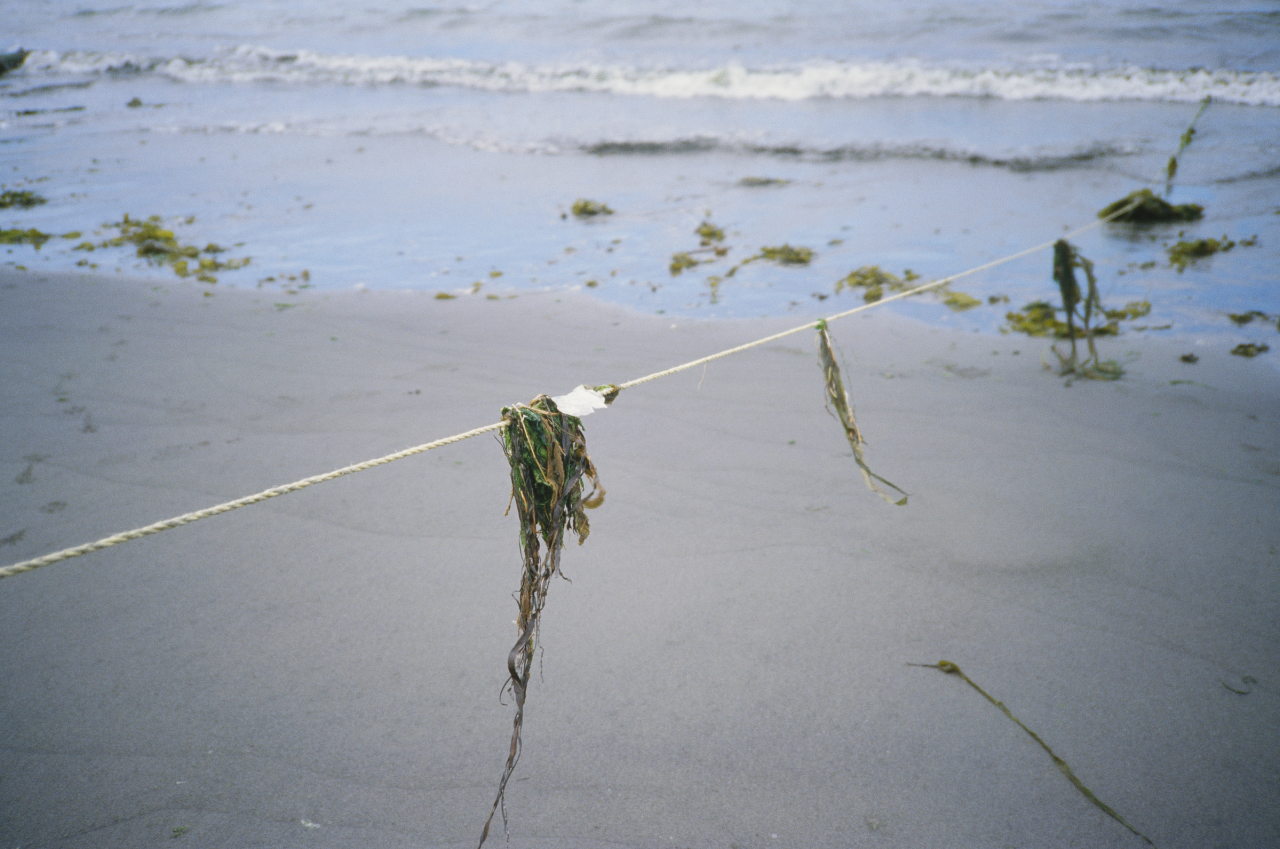
Critical Image Forum is a research project that focuses on the political, ethical, aesthetic and social dimensions of expanded documentary practices. The Forum's primary medium of research is photography, with an interest in how the proliferation of moving images, performance, sound and digital networks have challenged and complicated the veracity of the visual document.
[more] -
Event
Wednesday and Thursday, 9 and 10 Mar 2022
Critical Image Forum: Artist Talk with Elizabeth M. Webb
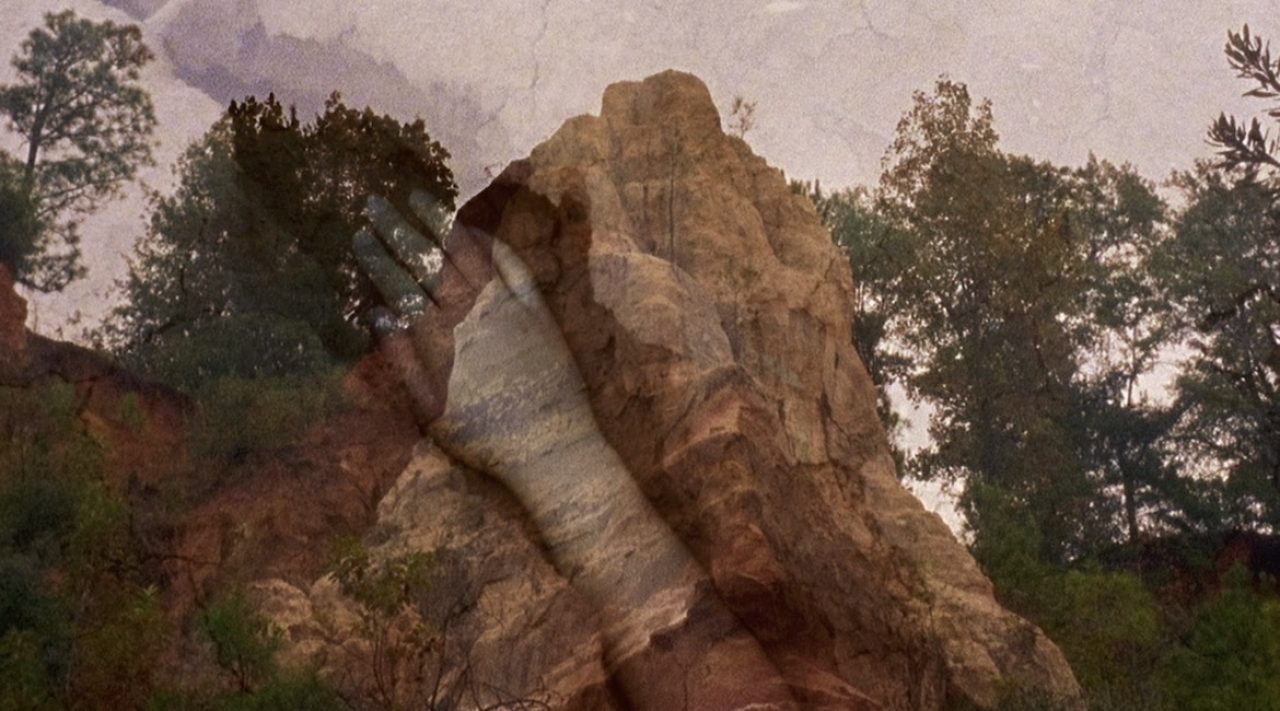
Join multimedia artist Elizabeth M. Webb for a talk and film screening; both events are free and open to the public, no registration is required. Masks and proof of vaccination are mandatory. Webb is an artist and filmmaker originally from Charlottesville, VA. Her work is invested in issues surrounding race and identity, often using the lens of her own family history of migration and racial passing to explore larger, systemic constructs. She has screened and exhibited in the US, United Kingdom, Canada, Japan, Ecuador, Singapore, Switzerland, Mexico, Spain, Austria, Norway and Germany and was a recipient of the inaugural Allan Sekula Social Documentary Award in 2014.
[more] -
Event
Critical Image Forum Dialogue Series: Sandra Boss
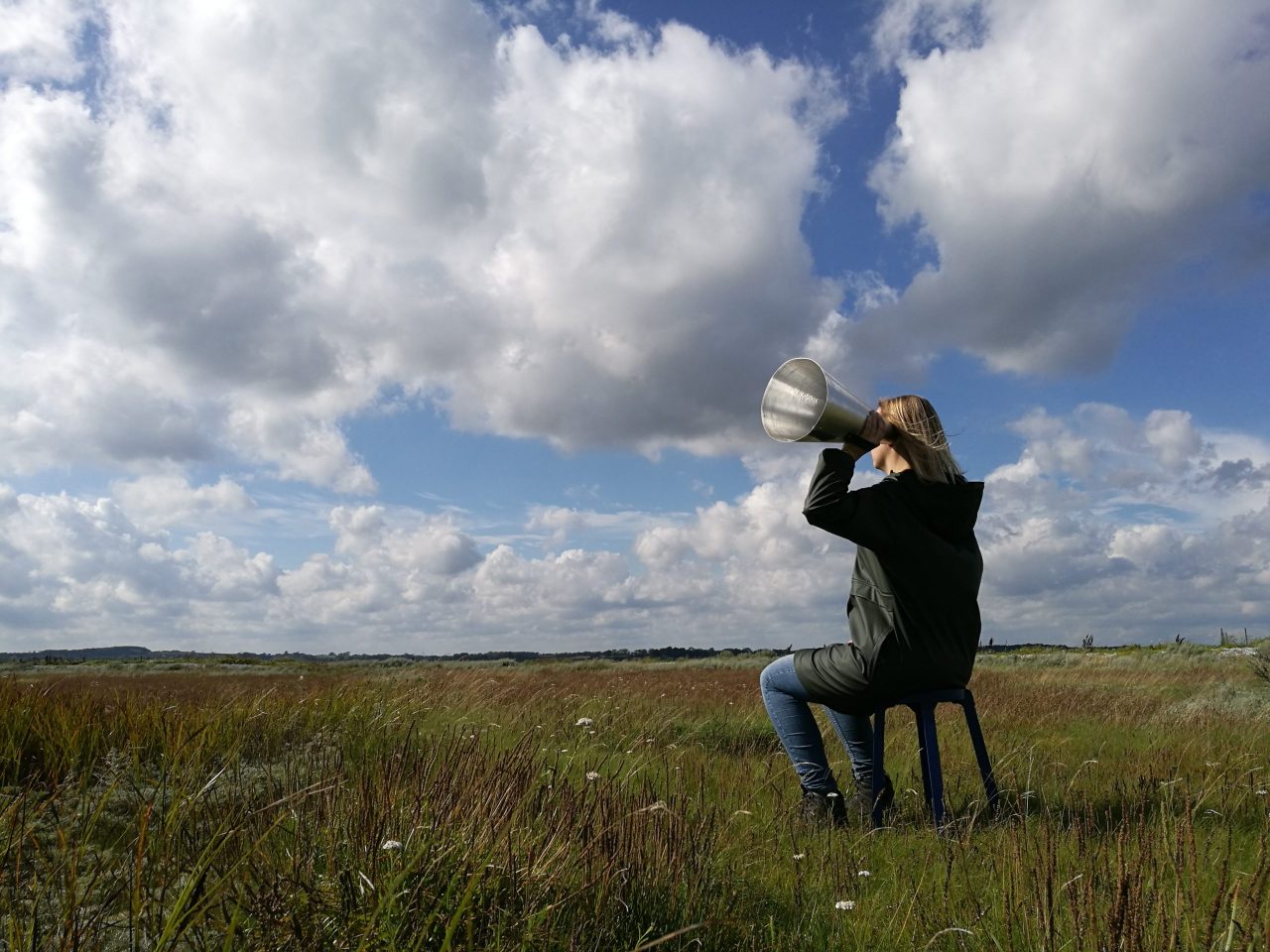
For this episode of the Critical Image Forum Dialogue Series, Tobias Ewé talks with Danish sound artist Sandra Boss about her practice-based research into mid-century German hearing machines, conceptions of hearing and how these shape the listening subject. The discussion takes its outset in Boss's dissertation, Tuning the Ear: Exploring Conditions and Conceptions of Hearing, which is much more than a collection of textual chapters, but a sound art object in and of itself.
[more] -
Event
Critical Image Forum Dialogue Series: Farah Nosh
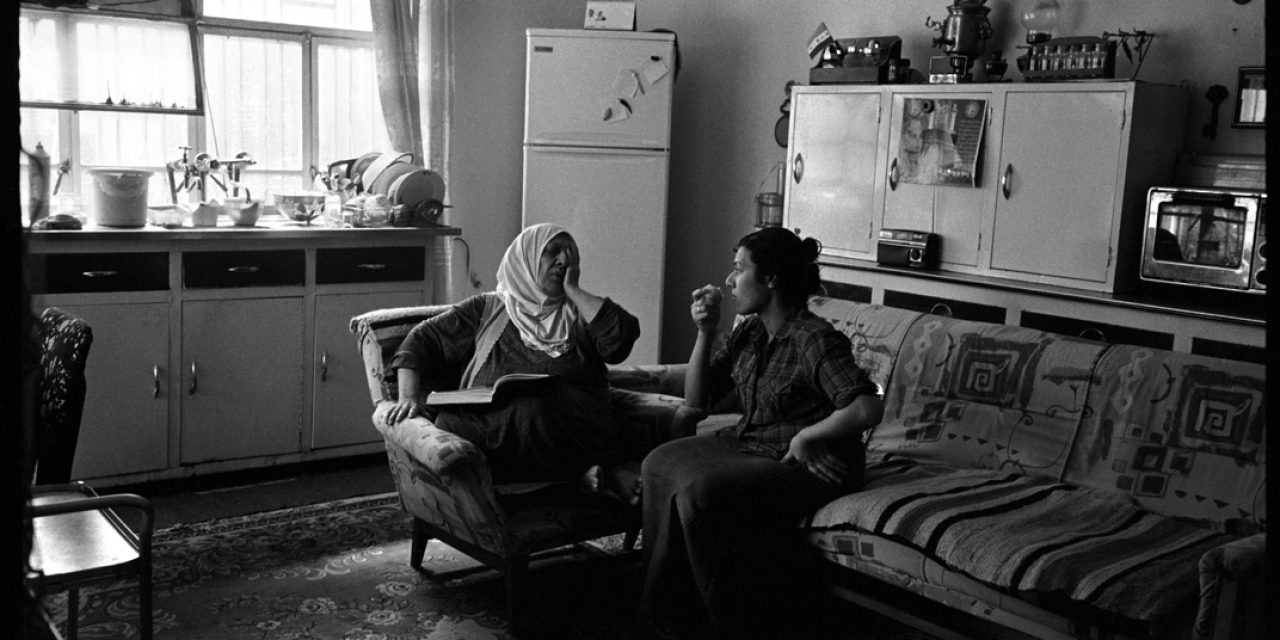
From her earliest work in conflict zones to her most recent project documenting fluent speakers of the Haida language in Haida Gwaii, Farah Nosh is known for her intimate, empathic approach to photojournalism and photographic portraiture. In this wide-ranging conversation initiated by UBC journalism MA student Steven Zhu, Nosh discusses her formative experiences with photography as a Geography student at UBC, and subsequently learning photojournalism on assignment in Iraq during the Saddam Hussein era.
[more] -
Event
Critical Image Forum Dialogue Series: Robert Del Tredici
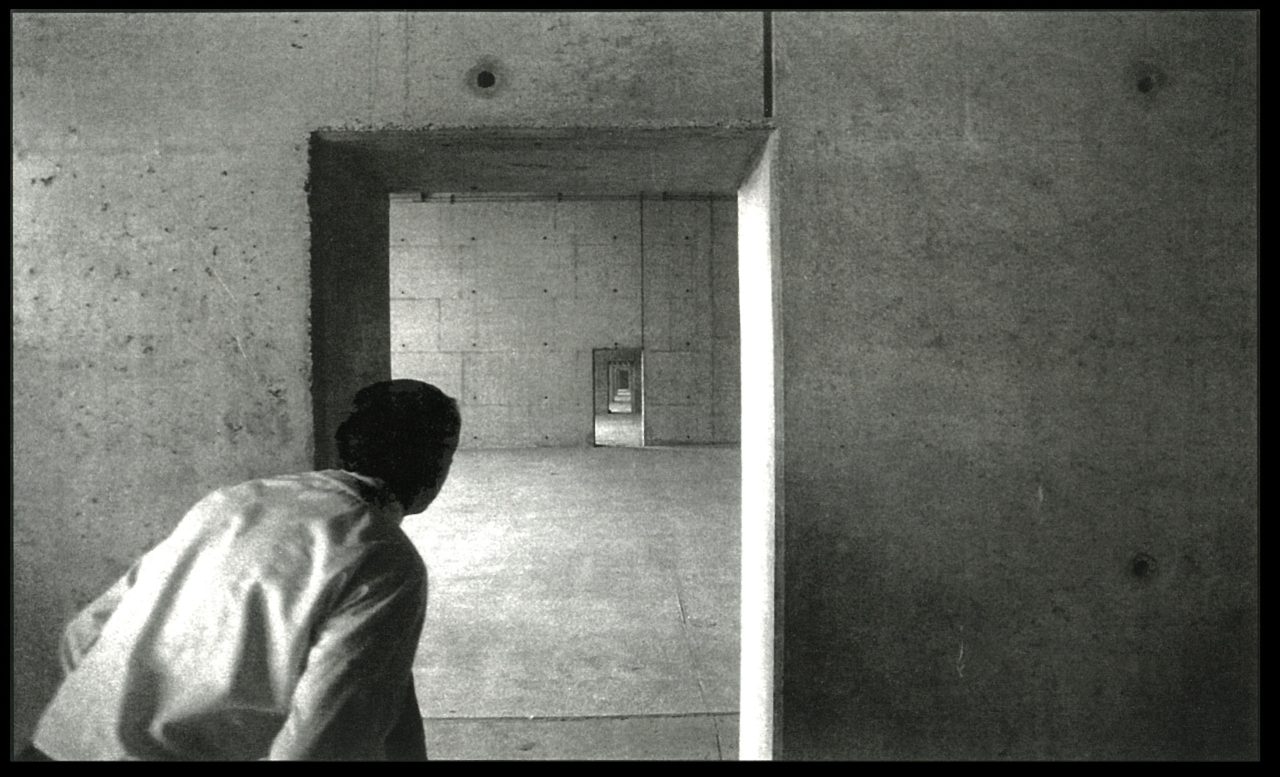
In this episode, through a far-reaching discussion of his illustration and photographic practice, and in dialogue with UBC professor emeritus John O’Brian, Robert Del Tredici touches on political, ethical and philosophical aspects of nuclear technologies and deployments. Through photographic projects from Three Mile Island, Hiroshima, Kazakhstan, Dene Territory in the Canadian Arctic and many other places and sites, Del Tredici’s presentation frames the enormity and devastation of the global nuclear industrial complex, helping to counter its forces of abstraction.
[more] -
Event
Critical Image Forum Dialogue Series: Paul Weinberg
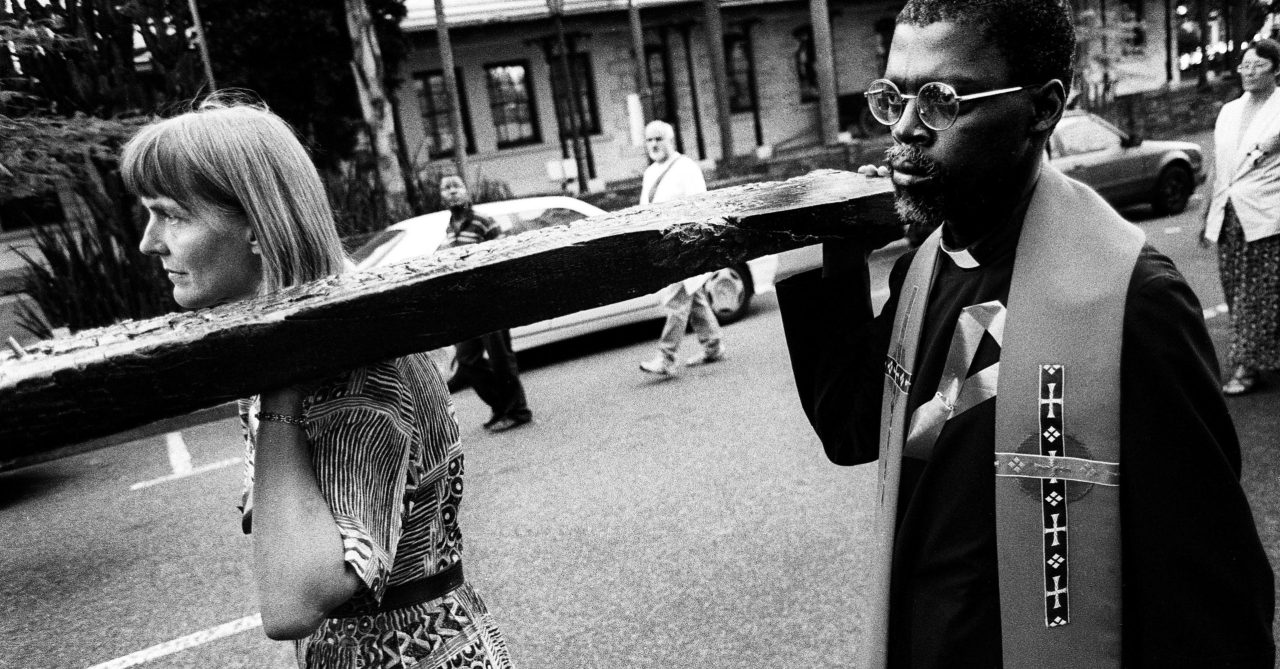
For this second episode of the Critical Image Forum Dialogue Series, Daniela Perez Montelongo is in conversation with South African photographer Paul Weinberg where they discuss key issues pertaining to the role of photography in South Africa during the Apartheid and post-Apartheid eras.
[more] -
Event
Critical Image Forum Dialogue Series: Marianne Nicolson
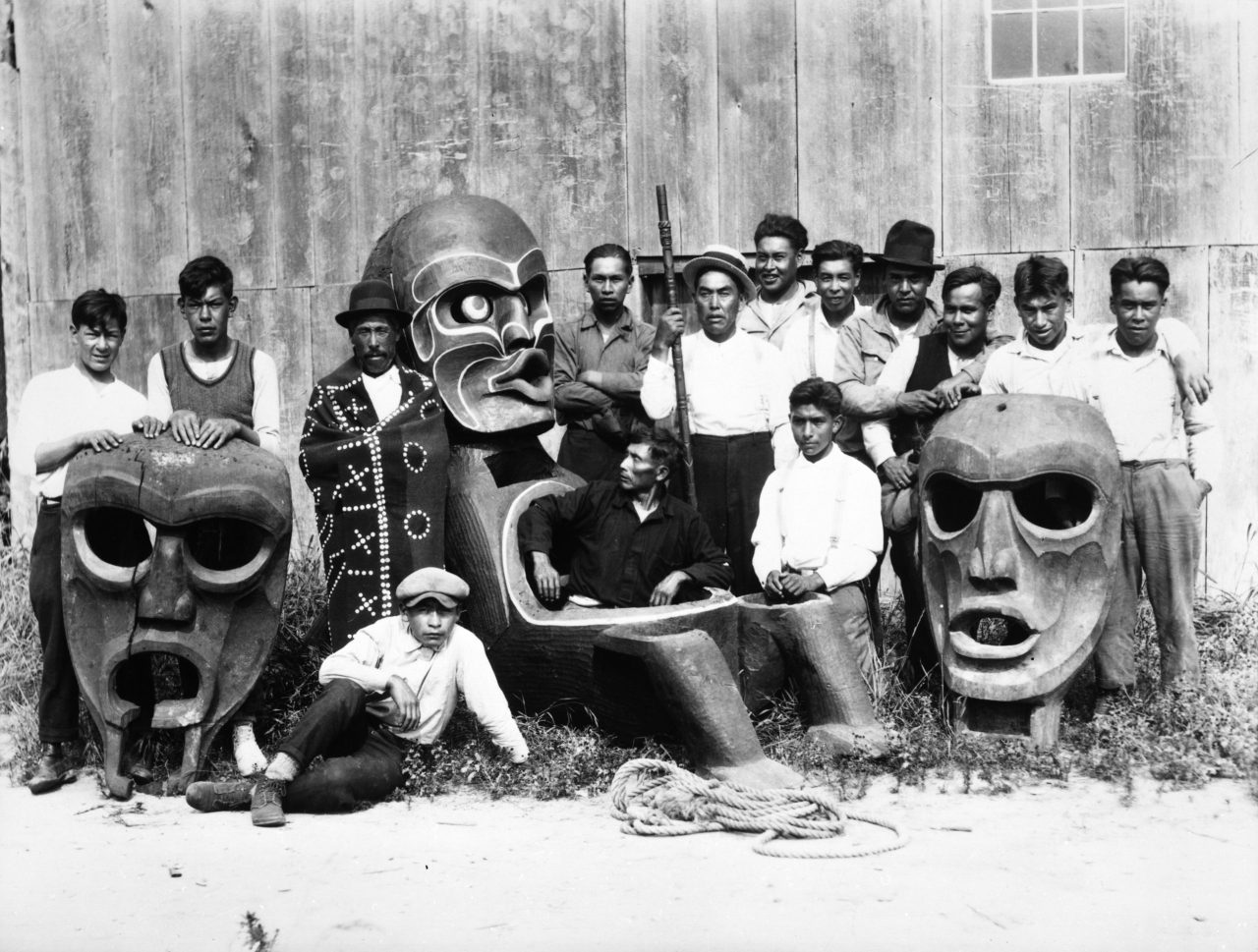
As part of Critical Image Forum's Dialogue Series, this online conversation with Althea Thauberger, Musgamakw Dzawada’enuxw artist and activist Marianne Nicolson helps us understand how particular photographic acts, although initiated by Canadian colonial photographers, were used, by those depicted, as opportunities for assertions of political, cultural and territorial sovereignty during the potlatch ban in the early twentieth century.
[more]